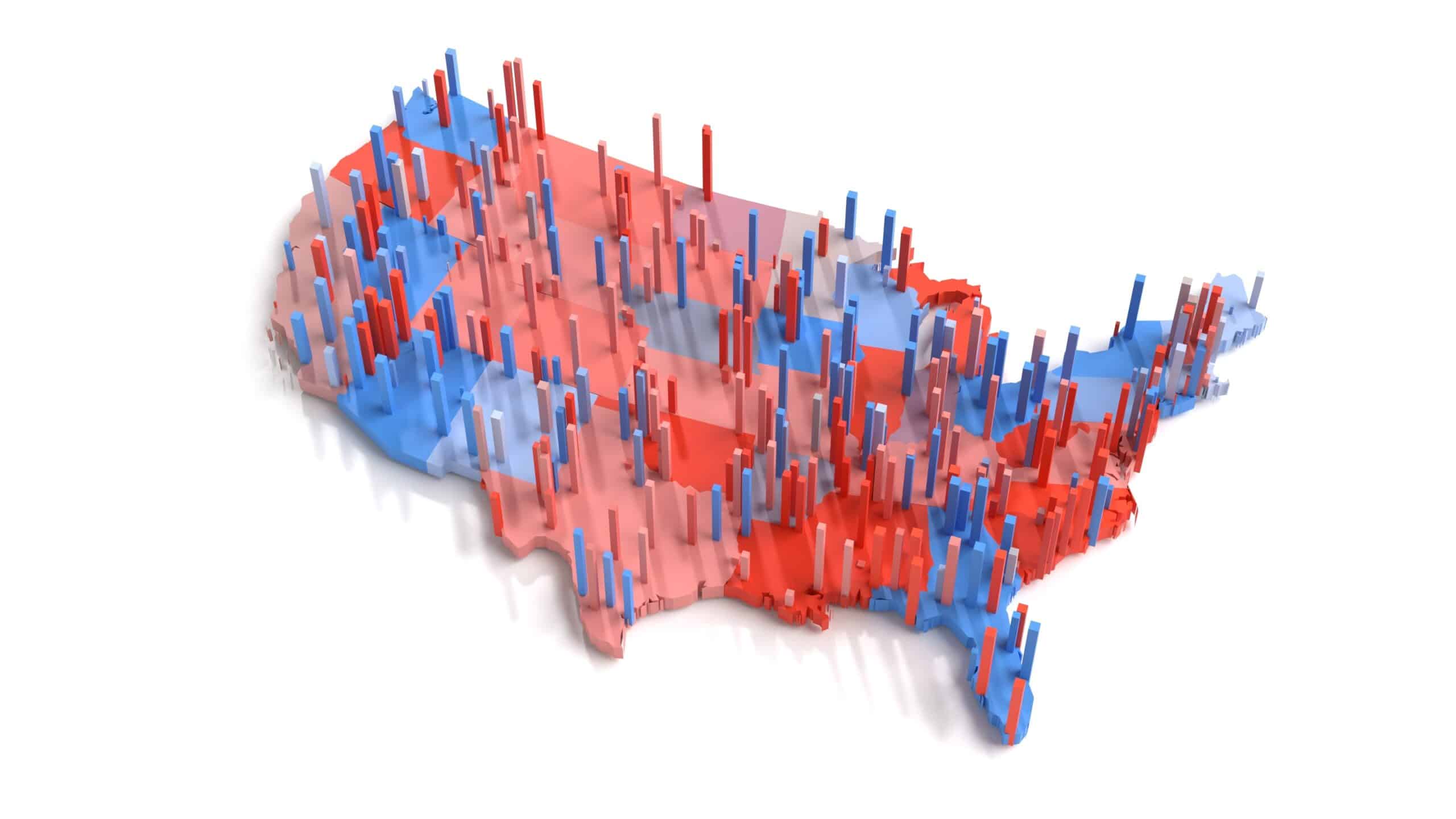According to Stand With Crypto’s website, there are 13 congressional elections today that are “critical to the future of crypto in America.” The organization claims to be nonpartisan, supporting political candidates on both sides of the aisle who have positive views on the industry.
However, four of the 13 elections listed are between candidates the organization says are equally supportive of crypto. The peculiarity raises questions about why they are listed on Stand With Crypto’s elections tracker at all.
For several political insiders, the answer is simple. Those four elections are listed not because they’re pertinent to crypto, they say, but because they are critical for the Republican party. “They’re only ‘critical’ if you’re partisan and care which party wins,” one source familiar with the organization’s politics said.
Read More: Stand With Crypto is Grading Politicians on a Scorecard. But How Is It Determined?
“The whole premise of this operation is to get Republicans to win the Senate,” another source with direct knowledge of the situation said. The organization feigns bipartisanship for appearances, this source said, while favoring the Republican party behind closed doors.
A third source closely watching key elections for crypto noticed a similar pattern. Some of the elections listed, though not critical for crypto, are simply considered “worth watching” in “DC circles,” they said.
Stand With Crypto says it scores political candidates based on their statements and votes on crypto policy. An A rating indicates a politician “strongly supports crypto,” while an F indicates the candidate is “strongly against crypto.” The organization has given A ratings to both Democrats and Republicans, though multiple sources said the group is more likely to support Democrats in less competitive races, and Republicans in tight races.
Read More: How Congressional Committee Leadership Could Shake Out for Crypto This Election
But those ratings don’t always correspond with reality, the source with direct knowledge said. In the Arizona Senate Race between Democrat Ruben Gallego and Republican Kari Lake, neither politician has been outwardly pro-crypto. Gallego has a mixed voting record and Lake had not weighed in on crypto policy before issuing a few positive statements this past summer. Several other races being watched are similarly peculiar, with neither candidate making crypto a core part of their platform. These states, the source said, are listed on Stand With Crypto’s live elections tracker for no other reason than “because they’re swing states” that could determine control of the Senate.
When speaking with Unchained about Stand With Crypto’s scoring process two weeks ago, Executive Director Logan Dobson was firm that the organization did not prioritize one party over the other. Dobson has historically worked for Republican organizations, and is currently Vice President at Targeted Victory, one of the largest recipients of Republican campaign spending. “Stand With Crypto is a very proudly bipartisan organization,” he said. “Crypto is a bipartisan issue.”
Stand With Crypto did not respond to requests for comment about this story.



